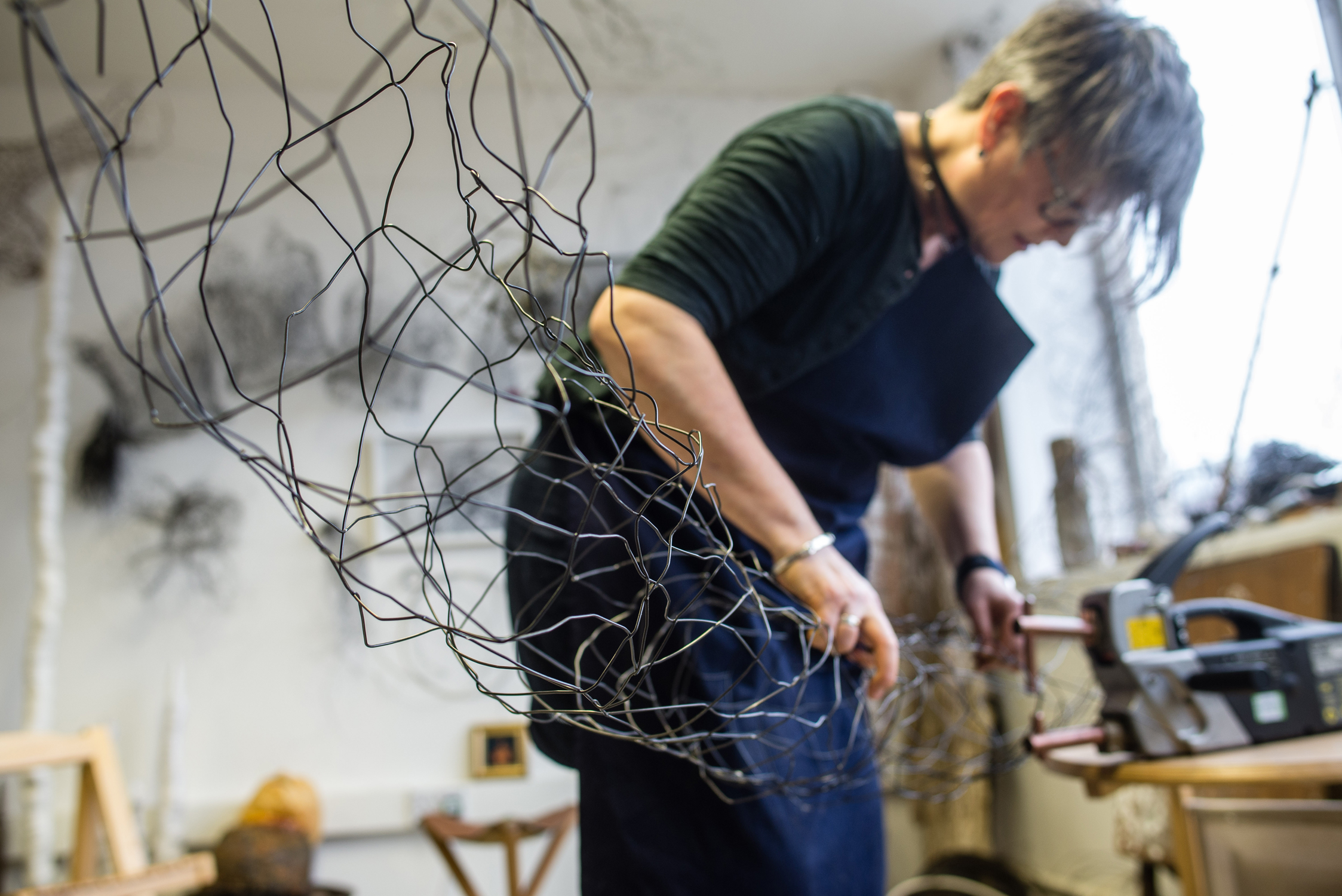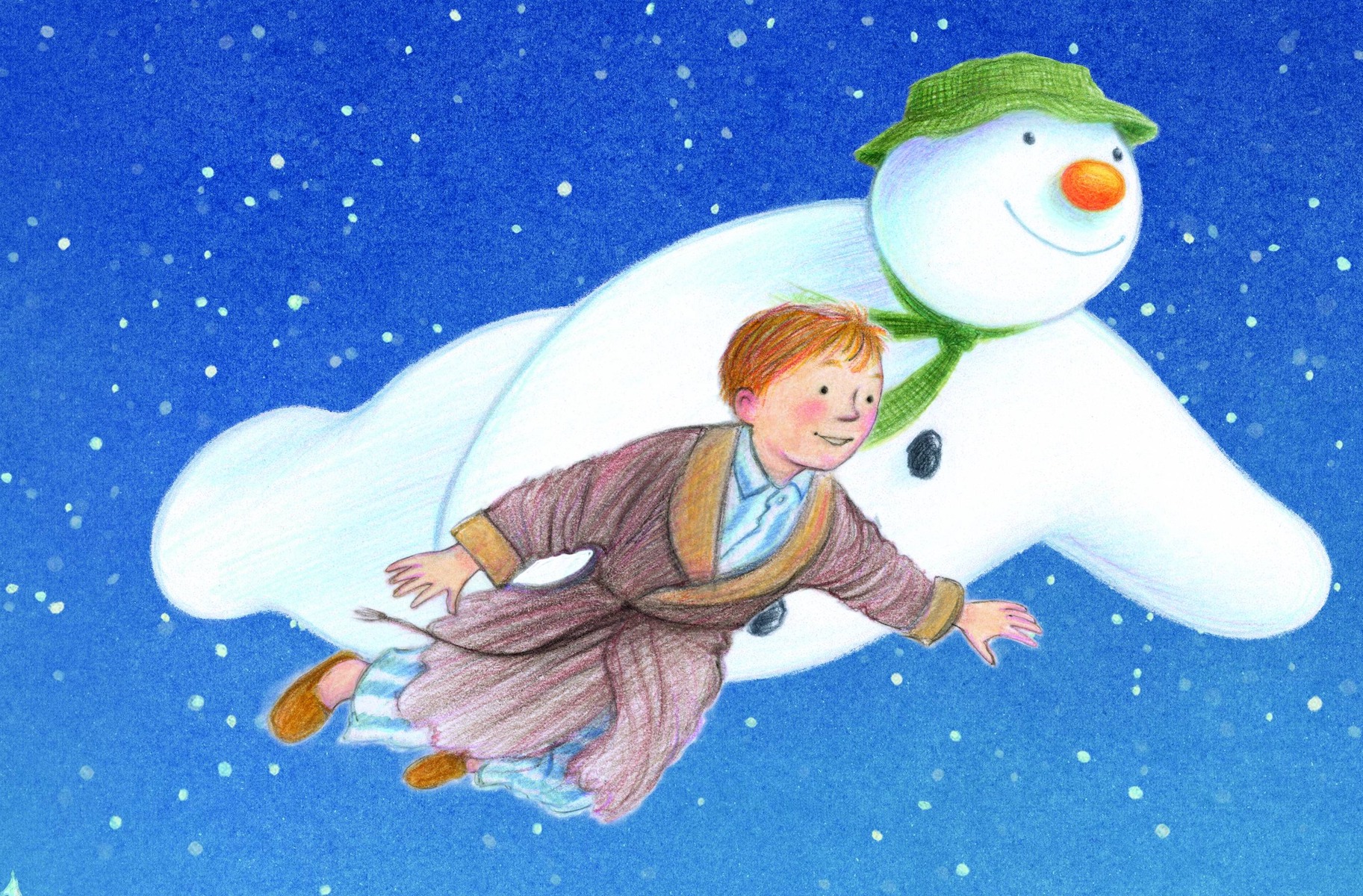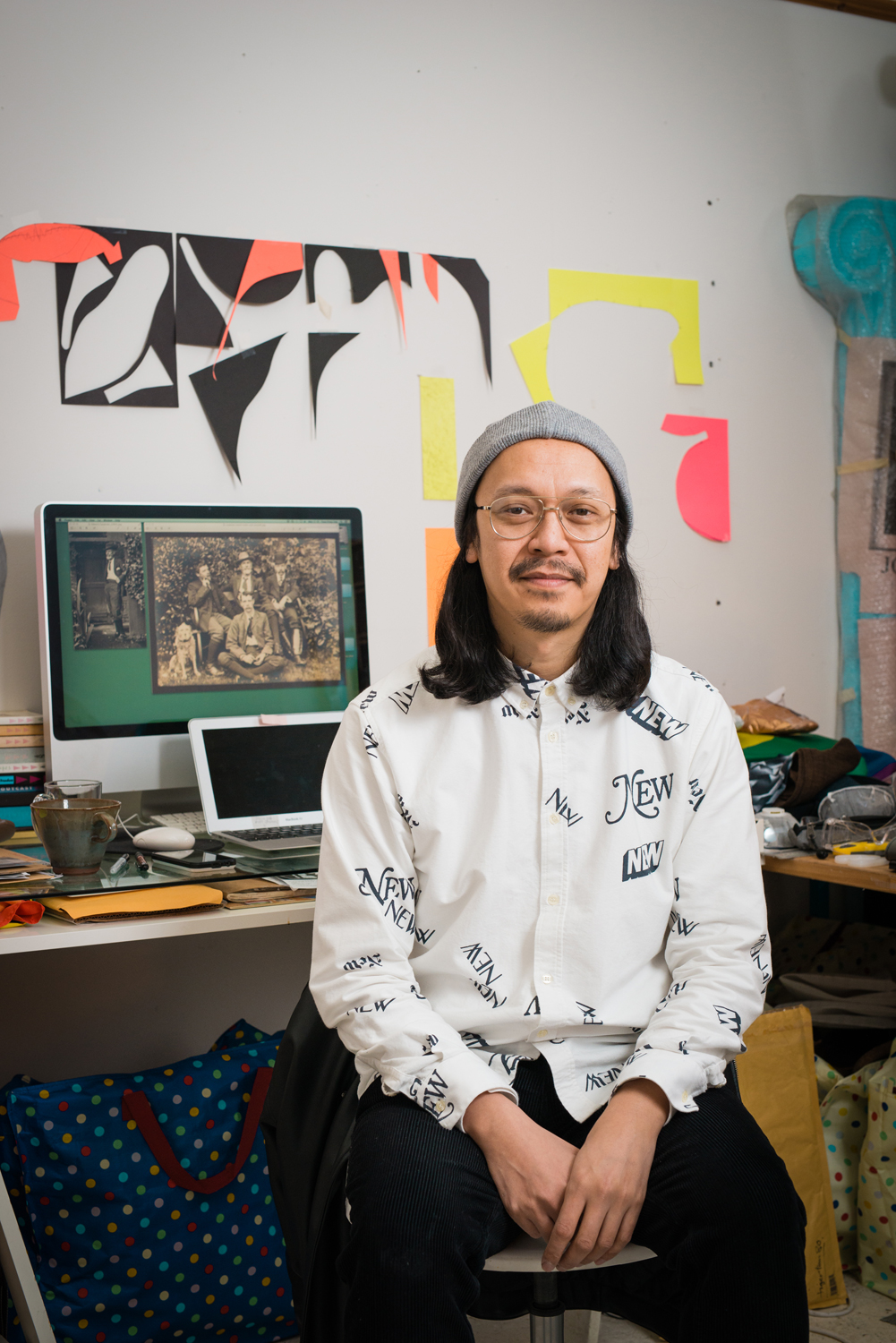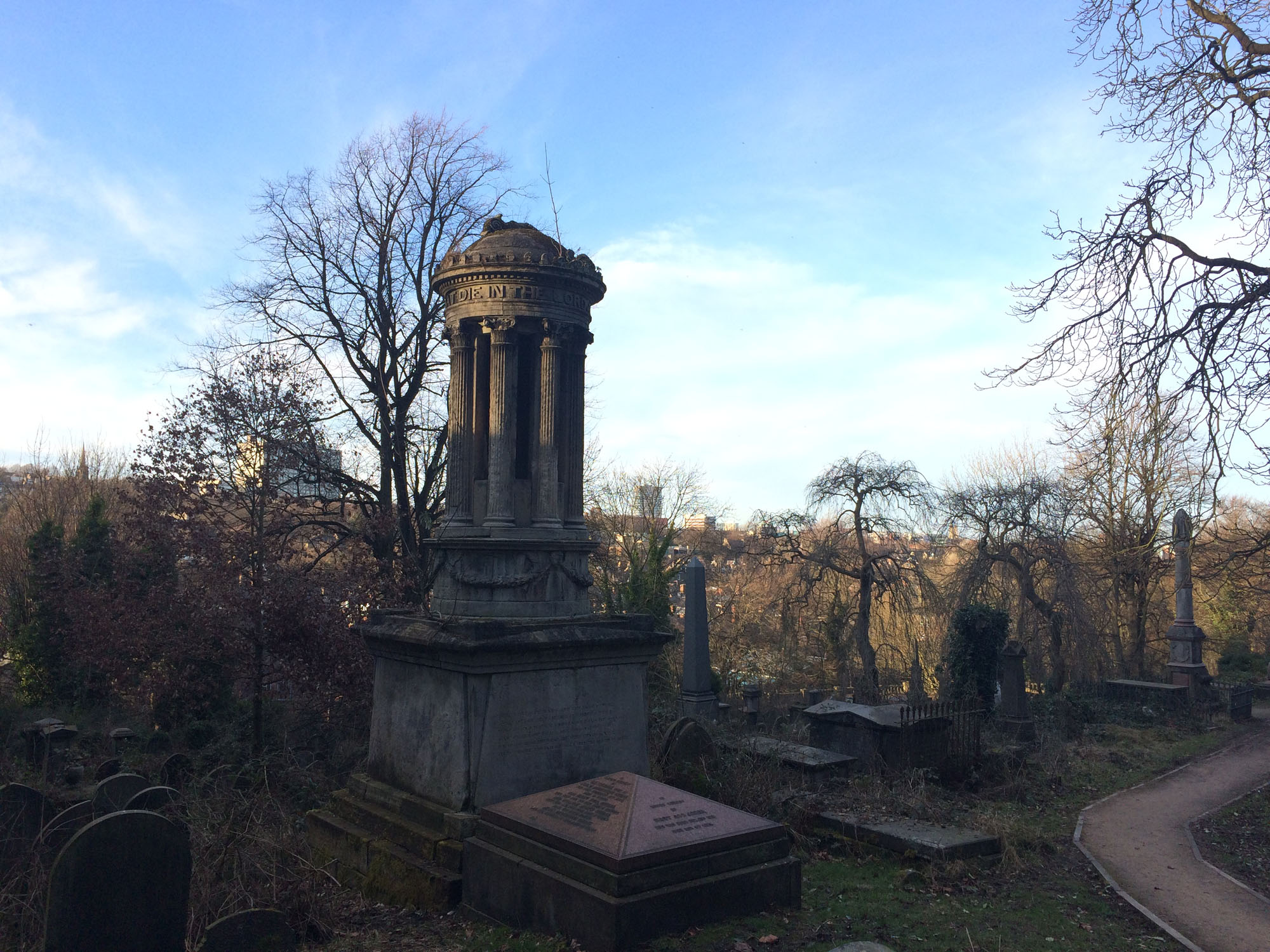Whether made of memories and fear or flesh and bones, Eelyn Lee’s characters are powerful and mesmerising. In her visual work, the artist and filmmaker erases the boundaries between the viewer and the character. The viewer is transported to the character’s inner world, living inside their body, listening to every breath and sensing every step. Rather than restricting her subjects, Eelyn favours manipulating sounds and space to create ideal conditions for the actors’ expression. Eelyn's multidisciplinary work is a flexible exploration of race, identity and ‘othering’. Making use of the power of collective research, she challenges commonly accepted narratives of past, present and future. The previously marginalised and the 'othered' occupy their rightful place in the foreground and co-create a future where they can thrive.
Eelyn develops all of these themes further in Britishness, a creative documentary featuring poetry, interviews and discussions with leading cultural figures in Sheffield. The film adds to a portfolio spanning two decades of award-winning work that has been exhibited across UK including Barbican, Tate Modern, National Portrait Gallery and Whitechapel Gallery as well as internationally in Paris, Berlin, Bogotá and Toronto. We spoke to Eelyn ahead of the premiere of Britishness at 2019's Off the Shelf festival.
How would you describe your work?
I’m an artist and filmmaker. Much of my work is made through social engagement, which means I collaborate with all sorts of people to devise, develop and produce the work. Many of my collaborators include groups of young people, so my latest film Britishness – a collaboration with young writers in the city – is a continuation of this practice and builds upon other film projects such as Beneath the Hood, a film portrait of young people excluded from school in Hackney; Life and Deaf, inspired by poetry written by young deaf people around the UK; and more recently The River Project, a collective research project with students at Sheffield College.
These projects can last five days, three months or a year. Before starting I will build a framework for collaboration, which means thinking about what kind of spaces, activities, questions and interactions are going to spark rich ideas and generate content that will result in a film. Most importantly, these frameworks are open to change, as you can never plan for the unexpected.
Other recent collaborators have included 13-year-old girls and a group of women who have experienced domestic violence, which culminated in Futurist Women – a short film poem set in a world where women are equal, there is no abuse and you are free to be who you want to be. The film has been selected for this year’s Aesthetica Short Film Festival in York.








